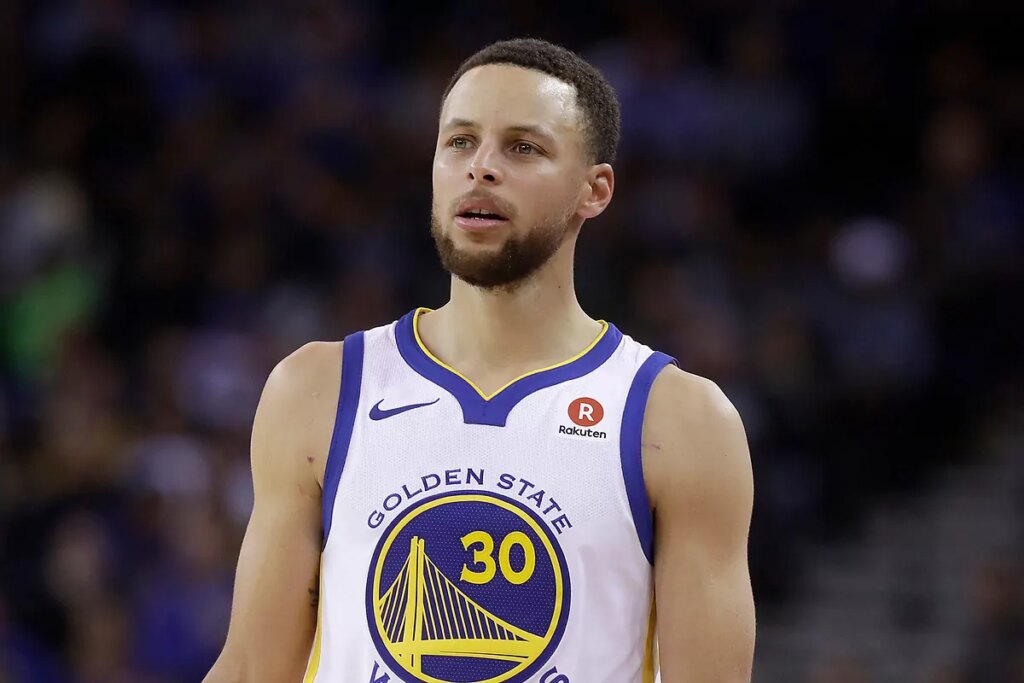Stephen Curry is widely regarded as one of the greatest shooters in NBA history, but even a player of his caliber must confront the question of longevity.
With age creeping in and every season becoming more physically demanding, fans and analysts alike wonder: just how long can he keep going? Recently, in a candid interview with EssentiallySports, Curry addressed that question, and made it clear his plan is to play “if I can make the decision and the decision is not made for me.”
While Curry didn’t commit firmly to retirement, he opened up about his priorities.
“All I’ll say is that I just want the option, and if I’m at a legitimate ability to be able to play… I don’t know if it’ll make sense or if I would want to, whatever the case is. But if I can make the decision and the decision is not made for me, that’s a big, big point,” Curry said.
The Warriors star also shed light on what has underpinned his durability.
“A lot of it is the foundational work that I’ve put in since I started. One, I still love it. I’m blessed with being with a team around me that has helped take the spirit that I’m trying to put into it and give me the framework that keeps the body limber and loose, and the injury prevention stuff,” he added.
The Warriors front office continues to express faith in Curry‘s longevity, but even they acknowledge that, ultimately, the decision rests with him.
Given how few players maintain impact into their late 30s and beyond, that deference is both respectful and rare in professional sports.
Rewards and risks of chasing 40
Historically, few NBA players maintain top-tier production deep into their 30s.
Yet, Curry‘s case is unique. His game relies more on skill, precision, and movement than brute athleticism, giving him a better chance to age well. A fellow sharpshooter in league lore, Ray Allen, continued sinking threes deep into his later years, and Reggie Miller also produced into his late 30s.
Curry has often likened such players to benchmarks he hopes to follow.
Curry‘s father, Dell Curry, recently weighed in, saying: “I think it’ll be his decision when to walk away … I think he could be well into his 40s because he can shoot the ball… That’ll create space for other players … so I think that decision will be totally up to him.”
That support from family underscores how Curry‘s identity is wrapped around basketball, not around age expectations.
But there are risks. Sustainability is fragile as years pass, wear and tear accumulates. For Curry, the trick will be knowing when his effectiveness begins to erode.
If he forces a version of himself that can’t compete, his body or the league might force the decision for him. That’s precisely what he wants to avoid.
Curry has also stated he is “taking it two years at a time,” noting that he’s focused on the seasons he currently holds on his contract. That approach suggests he wants short-term certainty, not pie-in-the-sky projections.
LeBron James, now in his 20th NBA season, has set an example of sustained excellence into his late 30s. Watching him remain a force gives Curry a model for staying productive.
But unlike leaping into comparisons, Curry frames it simply: he wants the option to decide when to walk away.
If health, performance, and desire align, Curry might join the small fraternity of modern NBA stars who played at a high level at age 40. But only if he’s the one still holding the pen.
Read the full article here

